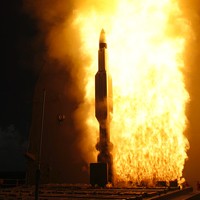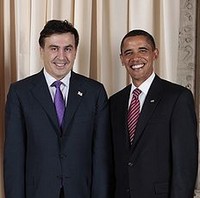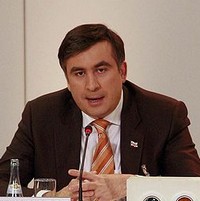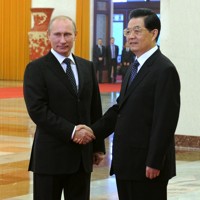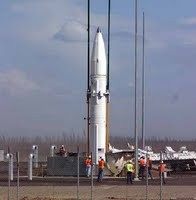
At its recent Chicago summit, NATO declared that its new ballistic missile defense (BMD) architecture had achieved “Interim Capability.” Nonetheless, questions persist regarding potential contradictions between missile defense and other NATO goals such as nuclear deterrence, Russian unease regarding the entire BMD project and the alliance’s ability to sustain the necessary expenditures to construct a comprehensive BMD architecture. In 2010 at Lisbon, NATO committed to making missile defense a core mission within an alliance context. In particular, member governments agreed in principle to integrate their European missile defense programs with those of the United States, with the goal of providing […]

